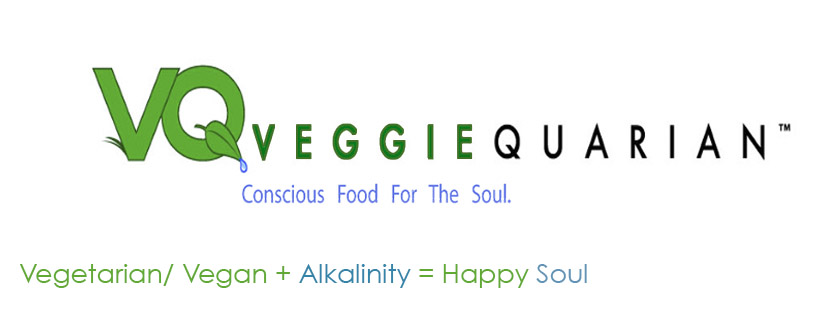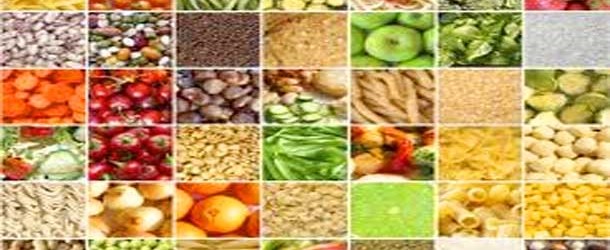1. Quinoa and other whole grains
Whole grains are a great source of protein, but the queen of whole grains when it comes to protein content is quinoa. Unlike many sources of vegetarian protein, quinoa contains all of the essential amino acids, making it a “complete protein”. Just one cup of cooked quinoa contains 18 grams of protein, as well as nine grams of fiber. Other whole grains, including whole grain bread, brown rice, barley are all healthy protein-rich foods for vegetarians and vegans as well.
Protein content: One cup of cooked quinoa provides about 18 grams of protein.
Why you should eat it: Whole grains are a bargain! Shop in bulk and you can stock up on whole grains for about $1.50 a pound.
Ads
1 Tip To Lose Belly FatMiracleGarciniaCambogia.comCut pounds of stomach fat every week by using this 1 weird old tip.
5 Foods you must not eat:Trimdownclub.comCut down a bit of stomach fat every day by never eating these 5 foods.
2013 Best Skin Tightenerswww.SkinCareSearch.com/FaceLiftingAn Unbiased Review List of The Top Performing Skin Tighteners In 2013
2. Beans, Lentils and Legumes
Protein content: One cup of canned kidney beans contains about 13.4 grams of protein.
Why you should eat it: Beans are one of the most common protein-rich foods for vegetarians. You can find beans in the grocery store or on the menu just about everywhere you may be.
3. Tofu and other soy products
Protein content: A half-cup of tofu contains 10 grams, and soy milk contains 7 grams of protein per cup.
Why you should eat it: You can add a bit of tofu to just about anything you cook, including stir-fries, pasta sauces, soups and salads.
4. Nuts, Seeds and Nut Butters
Protein content: Two tablespoons of peanut butter contains about 8 grams of protein.
Why you should eat it: Convenience! Stop into any 7-11 and pick up a snack of nuts to get a protein boost. And of course, kids love peanut butter too.
5. Seitan, Veggie Burgers and Meat Substitutes
Read the label of your store-bought meat substitute products and veggie burgers and you’ll find they are quite high in protein! Most commercial meat substitutes are made from either soy protein, wheat protein (wheat gluten) or a combination of the two. So toss a few veggie burgers on the grill or in the microwave, and watch those daily protein grams add right up. Homemade seitan is quite high in protein as well.
Protein content: One veggie patty contains about 10 grams of protein, and 100 grams of seitan provides 21 grams of protein.
Why you should eat it: Seitan and mock meats are great for barbecues or anytime you just want something hearty and filling.
Pictured: Seitan meat substitute
6. Tempeh
Protein content: Varies by brand, but as a guideline, one serving of tempeh (100 grams) provides about 18 grams of protein (that’s even more protein per gram than tofu!)
Why you should eat it: Tempeh is a great alternative for folks who don’t like tofu.
7. Protein Supplements
So what if you are an Olympic body builder or are trying to gain some serious muscle? In this case, your protein needs will be higher than us average vegetarians and you may be considering supplementing with protein powders or protein shakes. My personal trainer says to read the label and watch out for cheap fillers in whey and soy protein powders. She says it’s best to shell out and invest in a good quality. I personally recommend hemp protein powder and green proteins as well.
Protein content: Varies by brand, so read the label.
Why you should eat it: Well, you shouldn’t really unless you have special protein needs, as real food is always best.
Pictured: Strawberry protein shake
8. High Protein Recipe Ideas
Pictured: Vegetarian Quiche with 20 grams of protein














